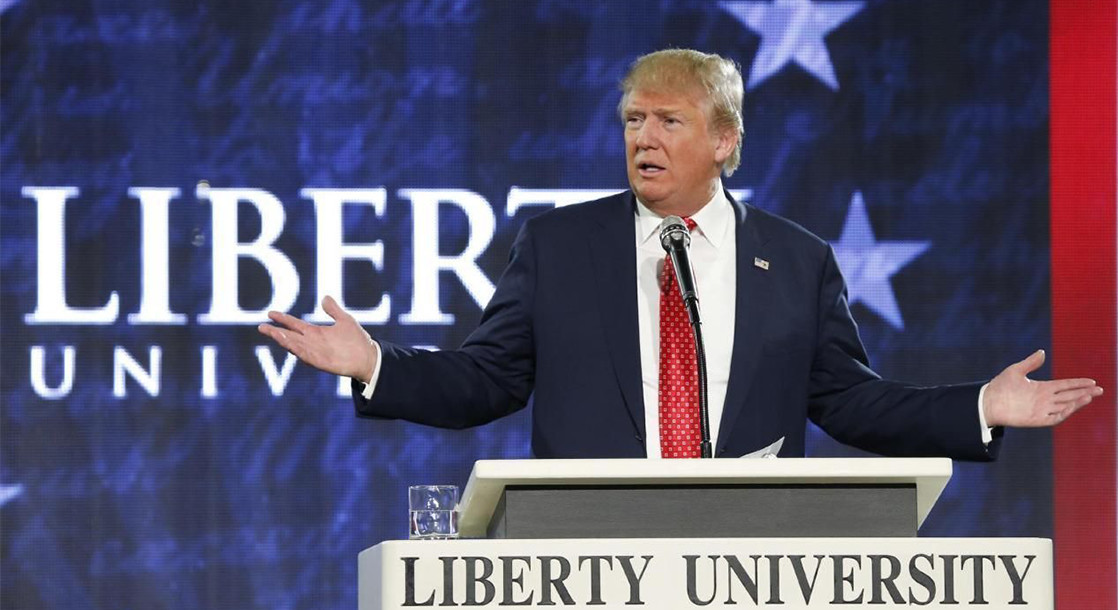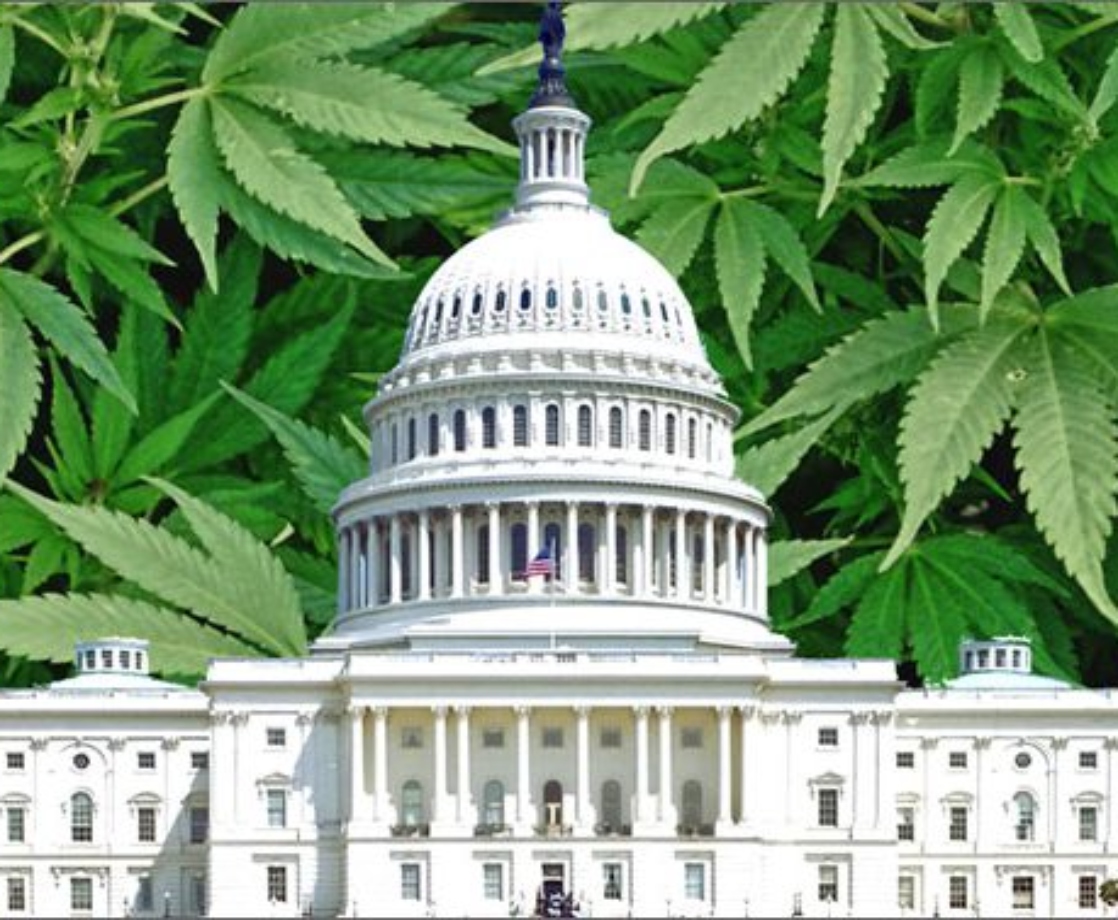It was seventy-five degrees under sunny skies on the Boston Common. There were two stages with musicians and speakers, dozens of weed-related vendors and tens of thousands of young people. It was the 26th annual Boston Freedom Rally, the second largest marijuana gathering in the country – and a beautiful day to get high.
But I didn’t want to be too stoned. I wanted to get my message across clearly and effectively when it was my turn to speak on the main stage.
Since the April 20th, 2015 publication of my book, Just Say Yes: A Marijuana Memoir and the ensuing publicity, I’ve become a marijuana advocate. Every time I smoke a joint, it’s “professional advancement,” and I Just Say Yes to every interview and speaking request.
But I’d never spoken to so many: a sea of faces on a bright lawn.
This year, the Boston Freedom Rally, sponsored by MASSCann and NORML, exhorted the audience to sign a ballot initiative. It is widely expected that Massachusetts will vote to legalize marijuana in 2016. But many of the people in attendance looked too young to vote. I was surprised to see very few boomers or people of middle age, even though Lester Grinspoon, the Harvard Professor who wrote Marijuana Reconsidered in 1971, was one of the speakers.
Perhaps it was the music that drew such a young crowd. As a woman credentialed by fifty years of daily use, I was scheduled to speak between a rap act and a grunge group. I saw a young man wearing a t-shirt saying “Blunts n Bitches,” which made me question my notion that weed can bring us together. I didn’t think he and I could have a meaningful conversation.
And I was distressed to find that many of the attendees seemed apathetic. The lead singer of Beat Box House asked the crowd, “Are you happy?” I didn’t hear much response. He tried again. “Are you high?” Nothing. Finally, in frustration, he asked, “Are you alive?” The audience wandered about, and the only way the organizers could get a dense group in the front was to offer “free shit” from time to time.
In mid-afternoon, there was a countdown to 4:20. Then out came the bongs, pipes and joints, while the police officers on hand looked away, which was considerate of them, as even tobacco smoking is banned in the park. The stage announcer intoned, “A lovely haze is rising on the Common.”
Soon it was time for me to speak. I held my book and my speech in my hand as I climbed the steps to the stage. I looked for a lectern on which to lay my materials. No such thing: after all, this wasn’t a book reading, this was a rally! A microphone was thrust at me, but I insisted on a mic-stand so I wasn't holding one more thing. Then I began.
I spoke about being attacked as a “dangerous woman” in a long article in The Huffington Post the week before because of my enthusiasm for marijuana. I noted that my attacker is supported by a foundation funded by a pharmaceutical company. I said, “Now I see why he considers me dangerous.”
The crowd was listening.
“Actually,” I said, “I used to write for a large pharmaceutical company. I loved writing those pieces, and I did about 40 of them, but when I told my boss about my marijuana memoir, I stopped getting assignments. While I was sad to lose a great client, their decision made perfect sense. They have a conservative culture, with headquarters in Basel, and marijuana still seems subversive to them. More important, cannabis is a threat to their business model, because it works so well for so many conditions and cannot be patented.”
Now I heard myself improvising. “Yes,” I told the audience, “my message is certainly dangerous – to the pharmaceutical industry! And, guess what? I’m glad about that!”
I still am. For many people, marijuana is a miracle plant that can help keep us happy and healthy. One day soon, we’ll be shaking our heads in disbelief that possessing this plant was ever a crime, and I think everyone at the Boston Freedom Rally would agree with me on that.











